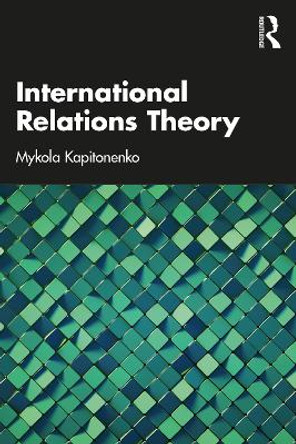Description
About the Author
Mykola Bazhan (1904-1983), one of the most important representatives of Ukrainian literary renaissance of the 1920s, was born into an educated family of Polish-Lithuanian roots in Kamyanets'-Podil's'kyi in Ukraine. Bazhan emerged as a futurist; however, in the 1920s and early 1930s he embraced romantic Expressionism, with frequent references to the turbulence of Ukrainian history. During his extensive career spanning some six decades, Bazhan was prolific as a poet, literary critic, translator, editor, art collector, and a political and cultural figure. Despite the fact that Bazhan not only survived the purges but eventually became an influential political figure, his early works continued to be repressed until the early 1990s.
Oksana Rosenblum is an art historian and translator residing in New York City. Her projects have included visual research for the newly created museums of Jewish History in Warsaw and Moscow. Oksana's poetry translations from Ukrainian and book reviews appeared in Kalyna Review, National Translation Month, and Versopolis.Lev Fridman is a Speech-Language Pathologist based in New York City. He has facilitated translation projects and publications, and his own writings and translations have appeared in Ugly Duckling Press, Odessa Review, and The Cafe Review. His most recent research has focused on the literary legacy of Mykola Bazhan.
Anzhelika Khyzhnya is a scholar and journalist. She holds an MA in Slavic Languages and Literature, and is a PhD candidate at the University of California, Berkeley. Her research interests include linguistic aspects of early 19th century Russian and Ukrainian prose, Ukrainian poetry of the 1920s, and the relationship between literature and the visual arts.
Reviews
"The translator's essays fill in all the necessary gaps, providing insights not only into Bazhan's work but to the process of translation itself. The essays that open and close the volume strike the right balance between accessibility and detailed analysis. Ultimately, the volume serves as a compelling argument for more Bazhan: his work on the Holocaust deserves to be revisited and reappraised, as do his later, more philosophical and spiritual poems and prose works. The process of rendering the work of a poet as versatile and restless as Mykola Bazhan into English will probably never be finished, but Rosenblum, Fridman, and Khyzhnia have performed a great service by giving that process such an excellent new beginning." - LA Review of Books
Book Information
ISBN 9781644693957
Author Mykola Bazhan
Format Paperback
Page Count 324
Imprint Academic Studies Press
Publisher Academic Studies Press




